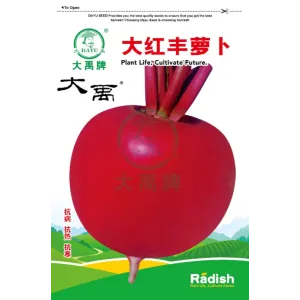Different Types of Conveyor Bearings in Industrial Applications
Conveyor systems play a vital role in industrial applications, facilitating the seamless movement of goods and materials. Within these systems, the choice of bearings is critical to ensure efficient and reliable operation. In this article, we will explore the various types of conveyor bearings commonly used in industrial settings and understand the factors that influence their selection.
Bearings are indispensable components in conveyor systems, serving as the interface between moving parts. They reduce friction, enabling smooth movement, and help in bearing the loads, ensuring the longevity of the conveyor. Choosing the right type of bearing is crucial for the overall performance and durability of the system.
Common Types of Conveyor Bearings
Conveyor bearings come in various types, each designed to cater to specific needs. Let's delve into some of the most commonly used ones:
1. Ball Bearings
Ball bearings are one of the most widespread choices in conveyor systems. They consist of small balls that roll between two surfaces, reducing friction. Ball bearings are prized for their smooth operation and high load-carrying capacity, making them suitable for a wide range of conveyor applications.
2. Roller Bearings
Roller bearings as the name suggests, use cylindrical rollers to reduce friction. They are ideal for applications that require high load capacity, such as heavy-duty conveyors. Roller bearings distribute the load evenly, ensuring the system's longevity.
3. Thrust Bearings
Thrust bearings are designed to withstand axial loads, making them perfect for conveyor systems that deal with thrust forces. They come in various designs, such as ball thrust bearings and roller thrust bearings, providing flexibility for different applications.
Factors to Consider When Choosing Bearings
Selecting the right type of bearing for your conveyor system involves a few essential considerations:
Load Capacity
The bearing's load-carrying capacity should match the conveyor's requirements. Ensure that the chosen bearing can withstand the intended loads.
Speed and Precision
Conveyor speed and precision are critical. Bearings must handle the speed of operation and maintain precise movement to prevent jams or disruptions.
Environmental Conditions
Consider the environmental conditions in which the conveyor operates. Bearings should be resistant to factors like dust, moisture, and temperature variations.
Maintenance and Replacement
Bearings require regular maintenance to ensure their longevity and reliability in the conveyor system.
Lubrication
Proper lubrication is crucial for bearing performance. Regularly greasing or oiling the bearings can extend their lifespan.
Monitoring and Inspections
Regular inspections help identify bearing issues early, preventing costly breakdowns and downtime.
In the world of industrial conveyors, choosing the right type of bearing is essential for smooth operation, longevity, and efficiency. Ball bearings, roller bearings, and thrust bearings each have their unique advantages, making them suitable for different applications. To ensure the continuous performance of your conveyor system, consider factors like load capacity, speed, precision, environmental conditions, and regular maintenance. By selecting the Nicer conveyor bearings and maintaining them adequately, you can optimize the performance of your conveyor system.




评论
发表评论